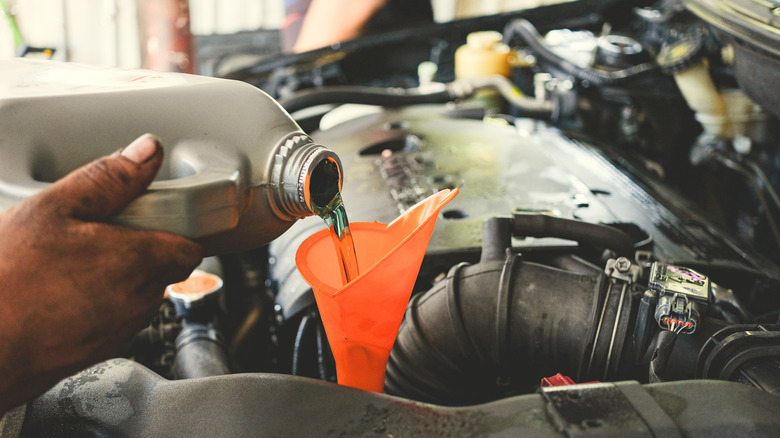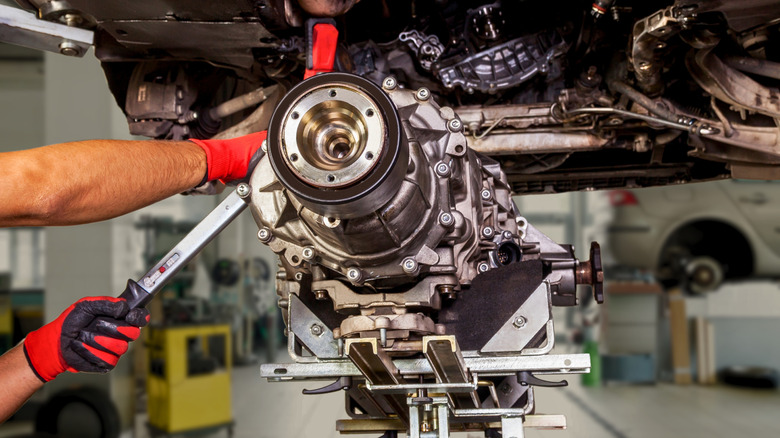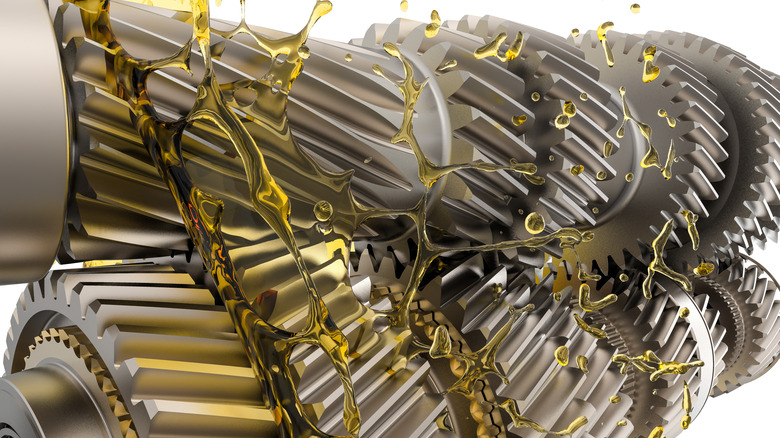Does Changing Transmission Fluid Improve Mileage?
Changing transmission fluid is one of those things that, unless you're a real car enthusiast or mechanic, is easily overlooked. We all schedule routine oil changes, which seem to be prioritized over similar fluid maintenance. Yet, transmission fluid is the very thing that protects the gears in your differential from catastrophe. It could be considered a lesser-known concern, like brake fluid, where car owners may not be aware of the need for attention here. But it's impossible to argue against it being done routinely. It has positive implications when changed, and negative ones when it's not.
Here, we will explore the ins and outs of transmission fluid and how it affects the performance of a car or truck. The functionality of a transmission, servicing intervals, and fuel economy will be covered. The key focus will be on the importance of regular car maintenance, which could save you money in the long run. Let's change gears and get into it!
Transmissions 101
Changing transmission fluid will not improve mileage. There are far too many variables to consider in a car's systems, combined with the operating conditions, to be 100% sure of this claim. But we can say with some certainty that it won't hurt, likely helping to maintain normal mileage, and could potentially improve fuel economy. As the cliché goes, your mileage will vary. Considering that a transmission is akin to the central nervous system while the motor is a car's heart, it has a critical role in modulating power to the wheels. With so many moving parts, heat and friction, and the need for smooth operation over thousands of miles, proper lubrication is imperative. As such, regularly changing transmission fluid could help mileage though it's not a guarantee, causally, that new fluids will improve it.
Another factor to consider is the type of transmission in question, with automatic being the standard, and manual transmissions found in a scant few new cars these days. There are also dual-clutch transmissions meant for speedy shifting, typically found in high-end sports cars, as well as other unique automatics. Each transmission has its corresponding fluid, and within that, you can opt for regular or synthetic, depending on what your car company specs. Regardless of the gearbox configuration, a transmission requires care to ensure a long life, and regularly changing their fluid, to keep things running smoothly. There is simply no case to support skipping a regularly scheduled fluid change and, worse still, possible grave consequences.
Fluid dynamics
Changing transmission fluid immediately decreases the friction produced by interlocking gears, and with the right viscosity, will in turn increase drivetrain force. Gear changes can happen more smoothly, mitigating the risk of damage associated with low or old fluids. What this boils down to is an engine having to do less to get more out of each mile. And while many aspects of a car's systems can affect overall fuel economy, as we mentioned, poor transmission efficiency from dirty fluids could contribute to the problem in a pernicious way. If you see a lack of normal mileage per tank and correlate this to a drastically overdue transmission fluid change, it might be the quick fix you need.
You may not see a massive bump from, say, 35 MPG to 55 MPG after a change, but there should be some gains in your fuel economy, or at a bare minimum, a continuation of normal mileage. Fluid maintenance for most automatic transmissions under normal conditions is recommended between 30,000 and 100,000 miles, with extreme climates or daily stop-and-start traffic taking the interval to around every 35,000 miles. Manual transmissions will require fluid to be changed every 30,000 to 60,000 miles, however, it is best to always check your car's manual and consult the dealer for advice specific to your vehicle. Additionally, regularly monitoring fluids on your own — if you're comfortable popping the hood — never hurts. The bottom line: changing transmission fluids regularly can improve your fuel mileage. Safe travels!


